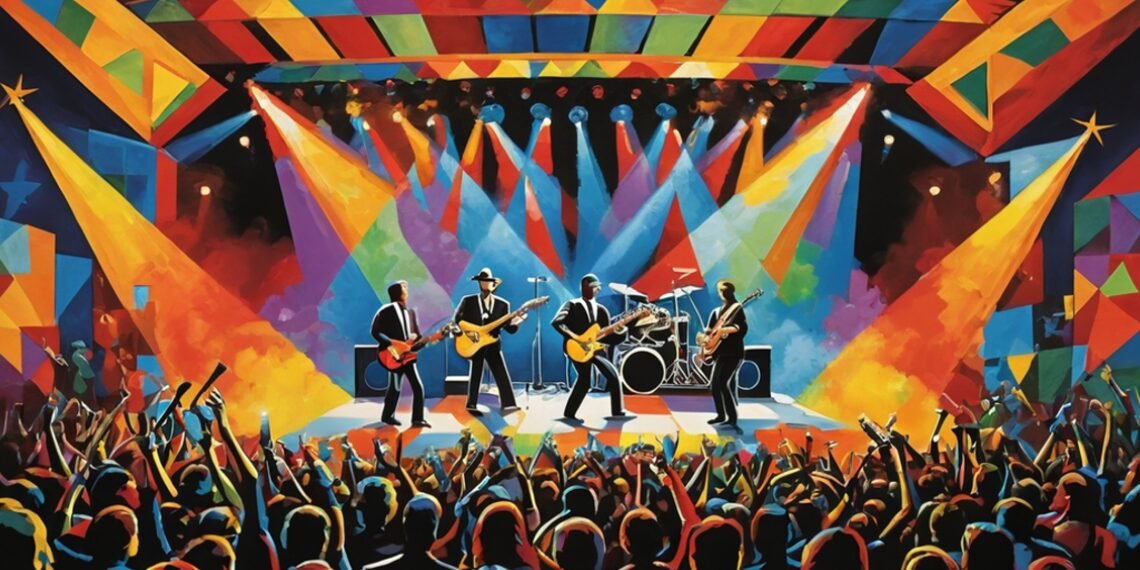A recent study conducted by Pirate Studios Ltd. explored the impact of artificial intelligence (AI) on music. The study revealed that a growing number of musicians are using AI in their music creation process, but only 48% are willing to admit it. Many musicians have concerns about how AI-generated music will be received, choosing instead to conceal its usage. A Pirate Studios spokesperson acknowledged the hesitation among musicians to admit to using AI, comparing it to the criticisms faced by early adopters of Auto-Tune. He predicted that AI will likely follow a similar path before becoming a standard tool for music creation.
The study surveyed over 1,141 artists from the UK, US, and Germany. 25% of respondents admitted to experimenting with AI in music, and the majority of musicians who haven’t explored AI yet, plan to do so in the near future. Additionally, 55% of musicians are learning new AI skills to enhance their abilities, while 28% are acquiring skills that can be applied to AI. Most respondents believe that AI is beneficial in the songwriting and composition process. AI tools can quickly validate pre-written lyrics, assist with finding themes and literary meanings, and aid in creating rhyming schemes.
AI-generated songs without human input became popular in early 2023, leading music publishers to take action against streaming platforms to protect artists’ copyrights. These publishers are now taking legal action against AI firms, including OpenAI and Anthropic AI, for copyright violations related to the use of song lyrics to train AI models. AI proponents argue that technologies exist which, if implemented, could mitigate copyright claims by providing proof of the source and handling of data used to train AI models.
The ainewsarticles.com article you just read is a brief synopsis; the original article can be found here: Read the Full Article…




